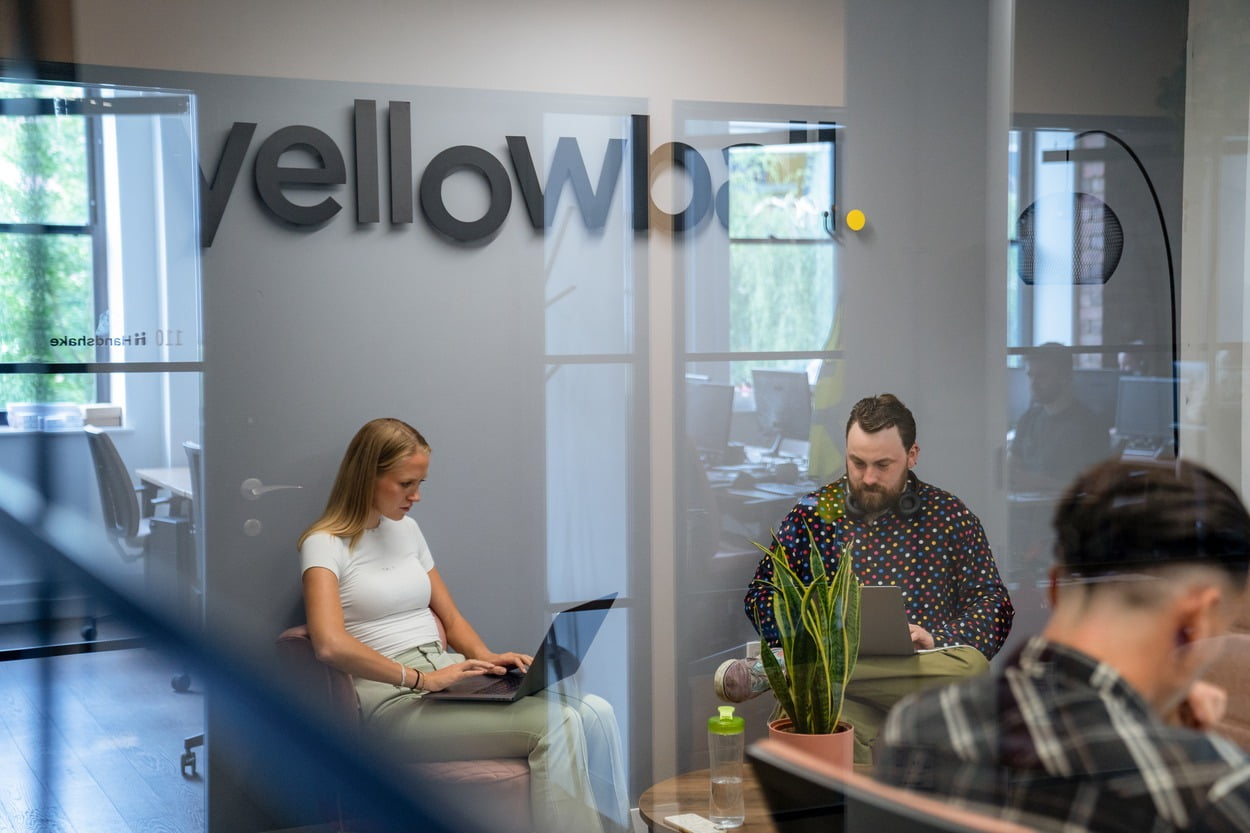Why long tail keywords are so useful
Long tail keywords are exceedingly effective for SEO campaigns because they generate more organic traffic and secure more conversions than their short tail counterpart. For a great example of how effective long tail search is for increasing conversion rates, just take a look at the world’s largest online retailer – Amazon.
Amazon make 57% of their sales from long tail search terms! That’s the largest retailer on the planet making the majority of their sales with an SEO technique that anybody can incorporate into their own marketing strategies. The reason long tail searches are so important for an ecommerce site like Amazon is because of the way they directly target potential buyers in ways that can push them further down the sales funnel.
Let’s take a look at the process a potential customer goes through before making a purchase:
- The consumer is aware of a product.
- The consumer starts researching a product.
- The consumer examines alternative products and compares them.
- The consumer decides whether or not to make the purchase.
- The consumer buys your product.
- The consumer evaluates the product after purchasing.
Now let’s say that you’re a sports retailer specialising in running shoes. While a short tail keyword such as ‘shoes’ may have thousands of searches every month, it’s an incredibly competitive keyword. Taking a look at the SERPs, we can see that if you aimed to rank for that search term you’d be up against huge retailers such as Office, Asos and Boohoo. Plus, you’re simply not targeting potential customers and their position in the buying process.
Just trying to rank for ‘shoes’ – or even ‘sports shoes’ – will cast your net so wide that everyone from potential customers looking to buy a specific pair of Nikes, to students writing a thesis on the history of footwear will be targeted.
Through long tail keywords, you are able to actually pinpoint user intent. That is, when somebody makes a long tail search query, whether in the form of a question or simply a detailed statement, we know why they are searching. As above, a search for ‘sports shoes’ tells us nothing about the person searching. However, when that same person searches for “best running shoes in 2018”, we know that they are looking to buy a pair of trainers in the near future.
This customer is around steps 3-4 of the buying process example above and the ideal potential customer to take aim at through your content.
Writing a blog article that targets the keyword ‘2018 running shoe trends’ will bring people in the researching and comparison stages to your site. They’ll hopefully see you as an authority to be trusted when they eventually get around to considering where to buy their running shoes from.
Finally, you’ll want to encourage people searching for specific trainers with long tail searches to be your final customers. Although the phrase “women’s Adidas Solarboost” is unlikely to be frequently searched for, those who do search so specifically are likely to be at around stage 5 of the buying process. Comprehensive content strategies are the best way to direct long tail searches to your website.
Long tail keywords in action
Let’s say that you own an estate agency operating in Camden, north London. There are a number of keywords that you could consider targeting and, while there will be fewer searches per month, long tail keywords would almost certainly lead to more conversions.

As we can see above, the phrase “houses for sale” receives around 450,000 searches every month. It’s impossible to know anything about people searching for the term. Beyond the fact that they are potentially looking to buy a house somewhere in the country, we don’t know what kind of house, nor where they are considering buying.
As we can see, as search terms get longer or more specific, fewer people are searching for them, but they are far more likely to be further along the buying process. A search for “two bed terrace for sale camden” tells us a lot about the searcher. We now know that they are looking for a specific kind of house in Camden.
If a consumer is searching so specifically, they’re far more likely to end up making a purchase, so it’s important to ensure that you rank for these more detailed searches.
Working long tail keywords into your marketing strategy
We can’t overstate the importance of incorporating long tail keywords into a successful marketing strategy. Keyword research is a cornerstone of SEO and there are a lot of tools out there that can help you along when it comes to choosing ideal long tail keywords.
Google
If you’re trying to rank in the SERPs, the world’s largest search engine is certainly a good point of contact to discover which keywords you should be using. The Google Keyword Planner makes use of a tool designed to offer up suggestions for long tail keywords using your website, products you’re targeting and other keywords.

Take ‘Adidas running trainers’ as an example. As you can see above, when we plug this phrase into the Google Keyword Planner, the application offers up a range of both short and long tail keyword ideas that you could potentially target. For that phrase alone, the Keyword Planner gives us 561 keywords. Even if you don’t find that certain ‘golden ticket’ keyword through the tool, you should still have plenty of new ideas for keywords to target.
One important factor to consider when working long tail keywords into your SEO strategies is how people actually search. Therefore, taking a look at Google’s autocomplete suggestions and ‘related keywords’ can open up a number of long tail keyword channels you may not have previously considered. While this method certainly shouldn’t be the main focus of your keyword research, it can give you an insight into what your potential customers will be searching for.

The others
In today’s SEO world there are a plethora of tools available to assist your keyword research. Yellowball’s own Simon Ensor delved into some of the best tools to use when trying to identify long tail keywords in this article. One of our favourites is Answer the Public, a beautifully laid out and easy to use keyword planner that offers up a range of long tail search queries. It can feel a little overwhelming to see such a wide range of keywords in front of you, but you’ll leave filled with new ideas.

Alongside Answer the Public, BuzzSumo and keywordtool.io are also great tools for discovering long tail keywords. The former allows you to view the most shared content in relation to your topic, while the latter reveals over 750 keywords from Google Suggest and Autocomplete.
Finally, SEMrush is another fantastic keyword research tool with a dedicated keyword analytics feature that includes a keyword tool similar to the one found in Google AdWords. You can view keywords by their search volume, how difficult it is to rank for them and see how many URLs are displayed in SERPS when the keyword or phrase is searched for. SEMrush also allows users to track the keywords used by searchers to reach a site, as well as showing exactly where a site ranks for specific keywords.
Using these tools, you’ll discover a variety of long tail keywords that can perfectly complement your marketing strategy.




















